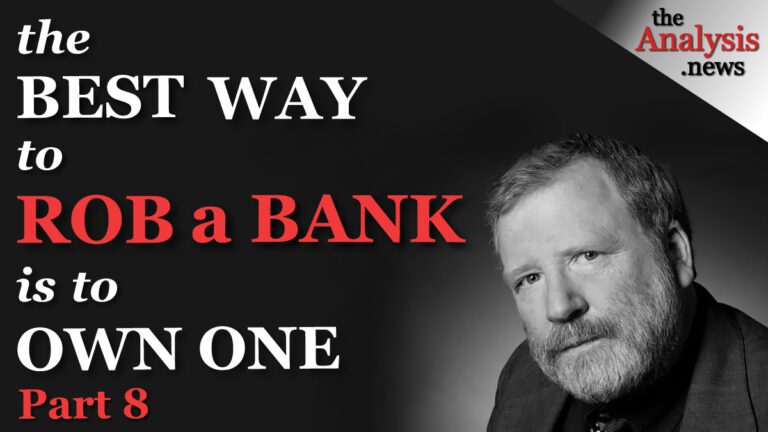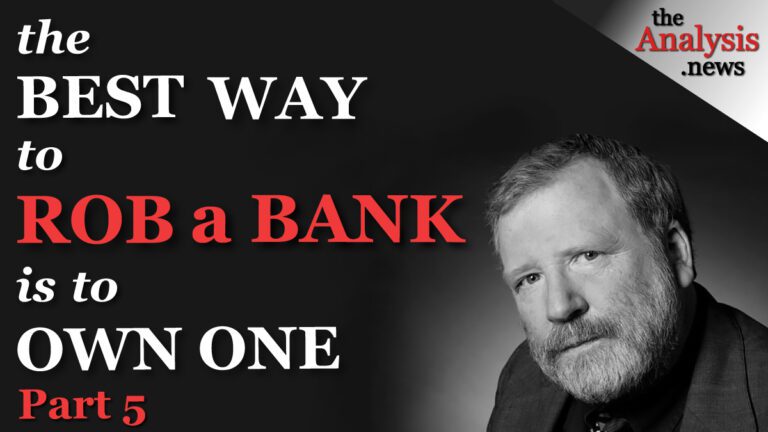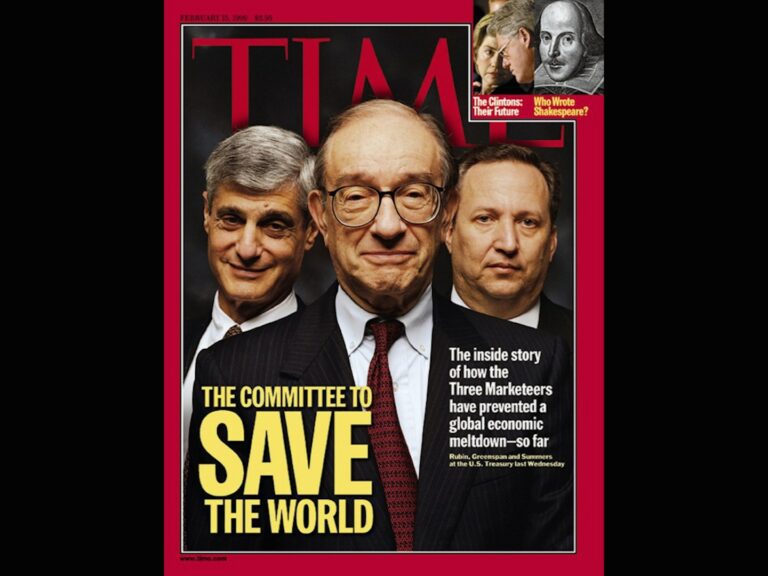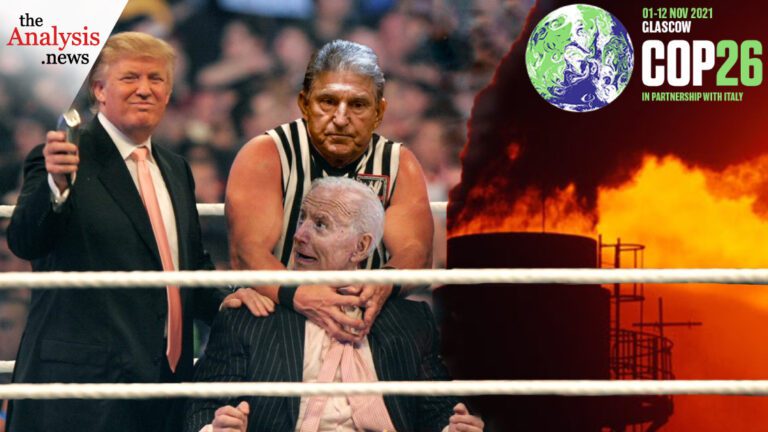Similar Posts

Bill Black pt 8/9 — The Best Way to Rob a Bank is to Own One
The Dodd-Frank legislation and stress test, do nothing to stop systemic-risky financial institutions from blowing up the economy again. Bill Black joins theAnalysis.news with Paul Jay.

The Destruction of Baltimore’s Middle East Community – Marisela Gomez on RAI (pt 2/4)
This is an episode of Reality Asserts Itself, produced on January 9, 2014. On Reality Asserts Itself, Marisela Gomez tells Paul Jay that Johns Hopkin’s “broken windows” policy and Baltimore’s use of eminent domain law helped destroy a once vibrant community.

Bill Black pt 5/9 – The Best Way to Rob a Bank is to Own One
Why did the Fed allow the collapse of Lehman Brothers? How did liars loans and fraud become so pervasive throughout the financial sector? Bill Black continues his history of financial fraud on theAnalysis.news with Paul Jay.

Clinton’s ‘Committee to Save the World’ Unleashes Wall Street – RAI with Rana Foroohar Pt 3/6
On Reality Asserts Itself, Ms. Foroohar says President Bill Clinton’s finance team further deregulated Wall St. including eliminating Glass-Steagall legislation allowing even riskier investments; the Financial Times columnist and author of “Makers and Takers” says this helped create the world’s largest financial institution—Citigroup— headed by Clinton’s former Treasury Secretary Robert Rubin – with host Paul Jay. This is an episode of Reality Asserts Itself, produced May 9, 2018.

Thomas Ferguson: Big Business Takes Cash as Workers Laid Off, States and Cities Go Bust
Democrats and Republicans fostered an environment with little accountability for finance and big corporations, says Tom Ferguson on theAnalysis.news podcast with Paul Jay

Biden Heads to COP 26 Throttled by Manchin and Trumpists – with Bob Pollin
It looks like there’s not much left of Biden’s climate legislation as he heads to Glasgow planning to lecture China and the world. What should he be doing about the climate crisis? Bob Pollin joins Paul Jay on theAnalysis.news.
